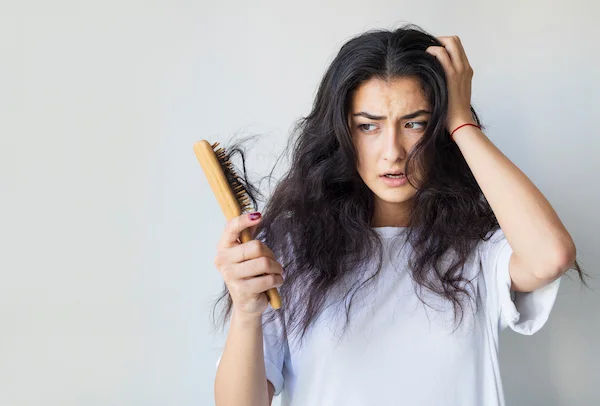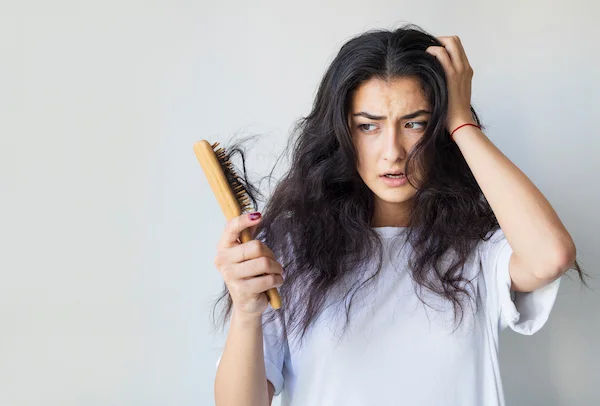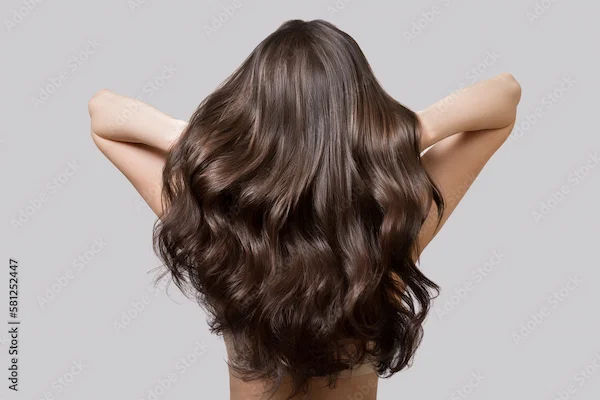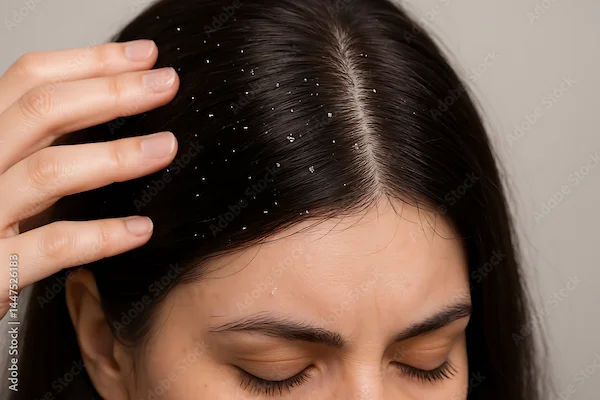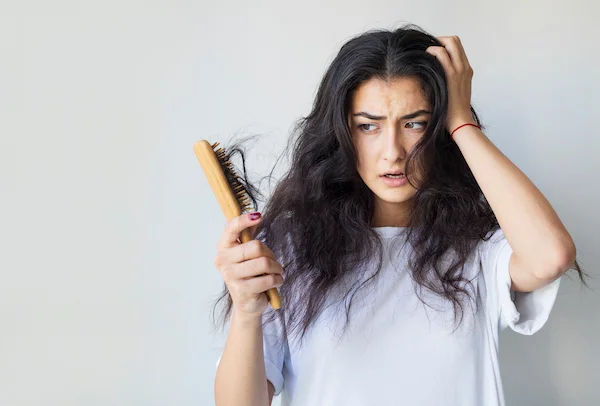Vitamins and Minerals for Healthy Hair
Discover the essential vitamins and minerals for healthy hair growth. Learn how key nutrients like Biotin, Iron, and Zinc can prevent hair loss and strengthen your hair.

Written by Dr. Shaik Abdul Kalam
Reviewed by Dr. Vasanthasree Nair MBBS
Last updated on 13th Aug, 2025

Introduction
Having healthy, shiny hair is something many of us desire. But did you know that the secret to strong, beautiful hair lies not just in the products you use but also in the nutrients you consume? Vitamins and minerals play a crucial role in maintaining hair health, preventing hair fall, and promoting growth.
If you’ve been struggling with dull, brittle, or thinning hair, the solution might be in your diet. Let’s explore the essential vitamins and minerals your hair needs and how you can incorporate them into your daily routine.
Why Are Vitamins and Minerals Important for Hair?
Your hair follicles, like every other part of your body, need proper nutrition to function well. A deficiency in key vitamins and minerals can lead to:
Hair thinning
Slow hair growth
Dryness and breakage
Premature graying
By ensuring you get the right nutrients, you can strengthen your hair from within and improve its overall health.
Essential Vitamins for Healthy Hair
Essential vitamins for healthy hair includes:
1. Vitamin A
Why it’s important: Vitamin A helps produce sebum, the natural oil that keeps your scalp moisturized and prevents dryness.
Sources: Sweet potatoes, carrots, spinach, kale, eggs, and dairy products.
Caution: Too much Vitamin A can cause hair loss, so stick to natural food sources rather than excessive supplements.
2. B-Vitamins (Especially Biotin B7)
Why it’s important: Biotin is famous for promoting hair growth and preventing hair loss. Other B-vitamins (like B12, B6, and folate) help create red blood cells that carry oxygen to the scalp.
Sources: Eggs, nuts, seeds, whole grains, avocados, and leafy greens.
Note: A biotin deficiency can lead to brittle hair, so include these foods regularly.
3. Vitamin C
Why it’s important: Vitamin C is a powerful antioxidant that helps protect hair from damage. It also helps in collagen production, which strengthens hair strands.
Sources: Citrus fruits (oranges, lemons), strawberries, bell peppers, and guavas.
4. Vitamin D
Why it’s important: Low Vitamin D levels are linked to hair loss. It helps create new hair follicles, promoting growth.
Sources: Sunlight (best natural source), fatty fish (salmon, tuna), fortified dairy, and mushrooms.
Tip: If you don’t get enough sunlight, consider a Vitamin D supplement after consulting a doctor.
5. Vitamin E
Why it’s important: Vitamin E improves blood circulation to the scalp and prevents oxidative stress, which can cause hair thinning.
Sources: Almonds, sunflower seeds, spinach, and avocados.
Health topic carousel:
Doctor's speciality: Dermatology
Text: Consult a Dermatologist For Personalised Tips
Essential Minerals for Healthy Hair
Essential Minerals for healthy hair include:
1. Iron
Why it’s important: Iron deficiency is a common cause of hair loss, especially in women. It helps red blood cells carry oxygen to hair follicles.
Sources: Red meat, spinach, lentils, pumpkin seeds, and beans.
Tip: Pair iron rich foods with Vitamin C for better absorption.
2. Zinc
Why it’s important: Zinc helps repair hair tissues and keeps oil glands around hair follicles working properly.
Sources: Oysters, nuts, whole grains, and eggs.
Caution: Too much zinc can cause hair loss, so moderation is key.
3. Selenium
Why it’s important: Selenium supports a healthy scalp and prevents dandruff.
Sources: Brazil nuts, fish, eggs, and sunflower seeds.
4. Omega-3 Fatty Acids
Why it’s important: While not a vitamin or mineral, Omega3s keep your scalp hydrated and reduce inflammation, preventing hair loss.
Sources: Fatty fish (salmon, mackerel), flaxseeds, chia seeds, and walnuts.
Lifestyle Tips for Healthier Hair
Besides eating a nutrient rich diet, here are some additional tips to keep your hair strong and vibrant:
Stay Hydrated – Dehydration can make hair dry and brittle. Drink plenty of water daily.
Avoid Excessive Heat & Chemicals – Overuse of styling tools and harsh hair treatments can damage hair.
Use Gentle Hair Care Products – Choose sulfate-free shampoos and conditioners.
Manage Stress – High stress levels can trigger hair loss. Practice yoga, meditation, or deep breathing exercises.
Get Enough Sleep – Poor sleep affects hair growth. Aim for 7-8 hours of restful sleep.
When to See a Doctor?
If you’re experiencing severe hair loss, sudden thinning, or bald patches, it’s best to consult a doctor. Nutrient deficiencies, hormonal imbalances, or underlying health conditions (like thyroid disorders) could be the cause.
At Apollo 24|7, you can book a consultation with a dermatologist or nutritionist to get personalized advice. You can also check for deficiencies with a simple blood test.
Final Thoughts
Beautiful hair starts from within. By including these vitamins and minerals in your diet and following a healthy lifestyle, you can promote stronger, shinier, and more resilient hair. Remember, consistency is key—your hair won’t transform overnight, but with the right care, you’ll see noticeable improvements over time.
Take the first step towards healthier hair today! If you need expert guidance, don’t hesitate to book a consultation or schedule a test through Apollo 24|7. Your hair deserves the best care!
Health topic carousel:
Doctor's speciality: Dermatology
Text: Consult a Dermatologist
